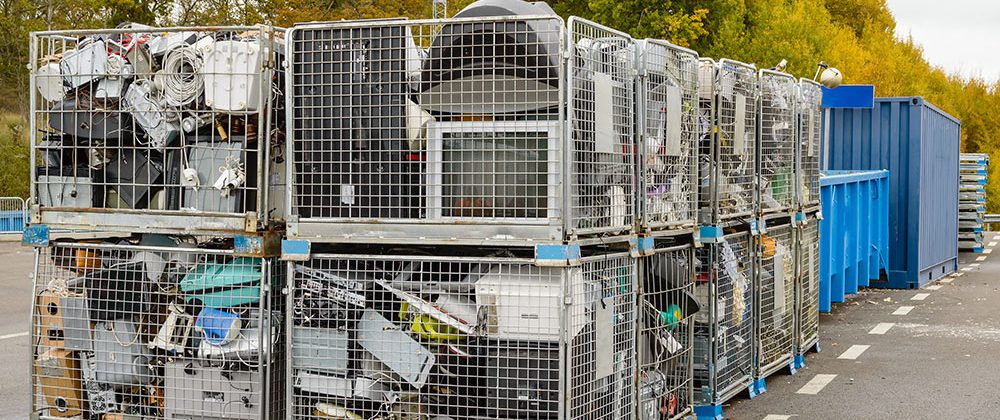An ambitious new project launched in Lagos is aiming to reform the electronics sector and put an end to the toxic toll improper management of electronic waste in Nigeria.
Over half a million tonnes of discarded appliances are processed in the country every year, threatening both the health of people in the informal recycling industry and the nation’s environment.
With backing from the Global Environment Facility, the Government of Nigeria has joined forces with UN Environment and partners to turn the tide on e-waste, under the Circular Economy Approaches for the Electronics Sector in Nigeria project.
Led by the National Environmental Standards and Regulations Enforcement Agency (NESREA), the US$15 million initiative will bring together players from government, the private sector and civil society to kickstart a financially self-sustaining circular economy approach for electronics in Nigeria, protecting the environment while creating safe employment for thousands of Nigerians.
“This intervention by Global Environment Facility aims to stimulate the development of a sustainable circular economy for electronic products in Nigeria,” said Ibukun Odusote, Permanent Secretary of the Ministry of the Environment.”
Naoko Ishii, GEF CEO and Chairperson, added: “To achieve a world without waste, we must radically rethink our relationship with natural resources and key economic systems. We need to adopt a new way of doing business that brings together all actors along the supply chain, and across entire industries.
“The Nigerian electronic waste project will put this new way of thinking into practice and is an approach we hope other African countries will adopt.”


